5% OFF FIRST ORDER WITH CODE FRST5 AT CHECKOUT!
How and when to take creatine? What are benefits of creatine supplementation?
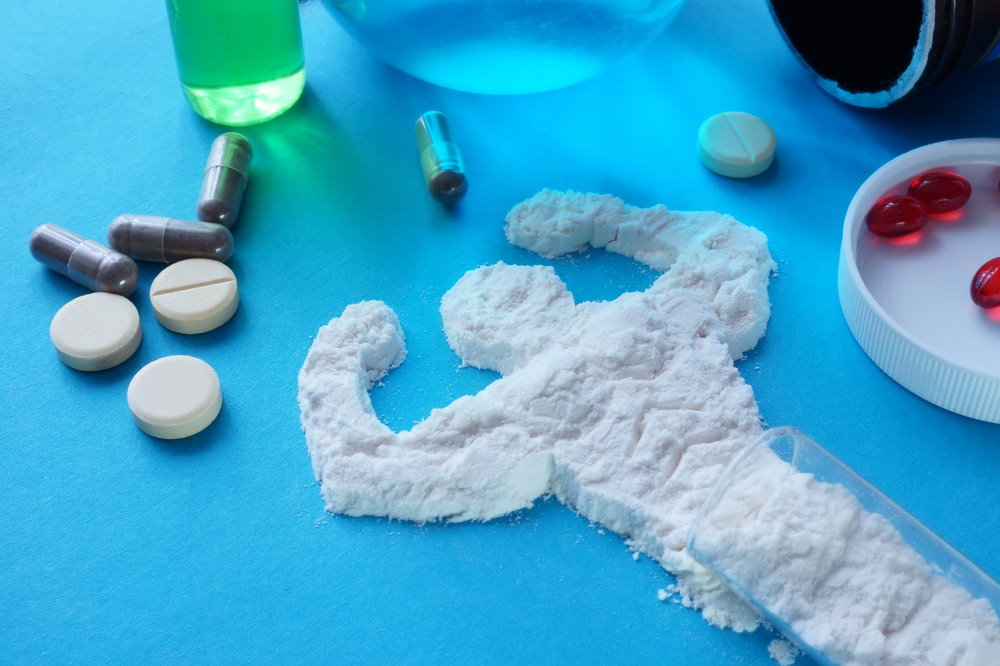
What is Creatine?
Creatine is an organic acid, which the body produces by combining three amino acids: arginine, glycine, and methionine. Most creatine inside the body is found in skeletal muscles, but we also store trace amounts in the brain, kidneys, heart, and other tissues.
The primary function of creatine is to help with the production of adenosine triphosphate (ATP) molecules, which are the energy currency of all cells in the body (1).
Why Do We Need to Supplement With Creatine?
Creatine supplementation might seem redundant because the body produces some amount every day. Plus, foods like red meat and fish also provide some creatine, making supplementation seem even more unnecessary.
The problem is that the body produces tiny amounts, and we only get milligrams of creatine through food. Supplementation provides a concentrated dose of creatine, which leads to muscle saturation and brings many benefits.

What Benefits Can We Expect From Creatine Supplementation?
To understand creatine’s effects on the body, we first need to take a quick look at how the body uses energy.
Your body generates and breaks down countless ATP molecules on any given day. These provide energy for our cells, allowing us to stay alive, maintain our health, and carry out physical tasks.
Exercise can increase ATP demands by 1000 fold, depending on the intensity (2). We typically reach exhaustion because we burn through the available ATP stores, and the body then needs to recover to generate more ATP. This is one reason why taking a break between sets in the gym allows us to keep training. We might feel exhausted after a set, but given a few minutes of rest, we have new energy available to keep training (3).
Creatine is beneficial because it speeds up the production of ATP molecules (4). We store the majority of creatine as phosphocreatine. When the body breaks down ATP, it accumulates the less potent adenosine diphosphate (ADP). Creatine then lends a phosphate group, allowing us to convert ADP back into ATP more quickly.
As a result, we can train harder and do slightly more work (5, 6). Over time, that extra work can lead to superior gym results. But aside from the training-related benefits, creatine is also beneficial for the mind because nerve cells are particularly energy-demanding and need a constant supply of ATP. Some research suggests that creatine supplementation improves different measures of cognition and memory (7).
How to Take Creatine
The great thing about creatine is that you don’t need a complicated approach to supplement with it.
Timing creatine doesn’t matter because we need to saturate it inside our muscles. Meaning, so long as you take your daily dose, you’ll reap the benefits. As far as dosing goes, researchers and experts recommend taking between three and five grams of creatine daily (8).
Loading creatine is also not necessary. So long as you take a daily dose, you should reach optimal saturation levels within three to four weeks (8).

 Polish
Polish

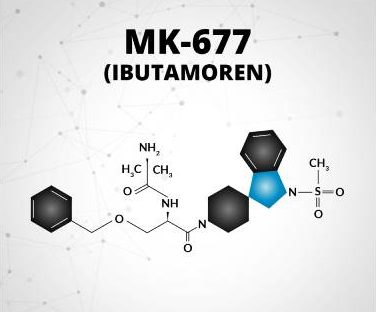
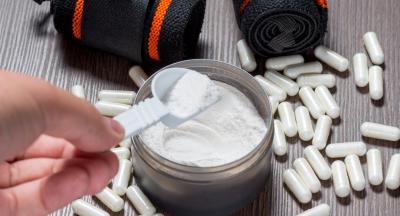


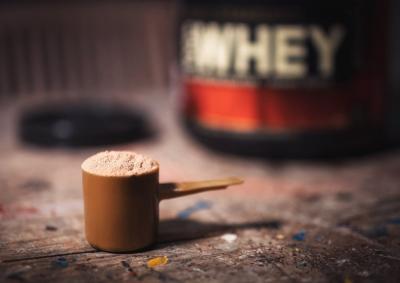




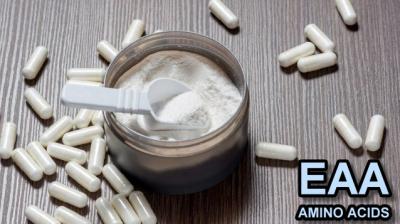


















Comments